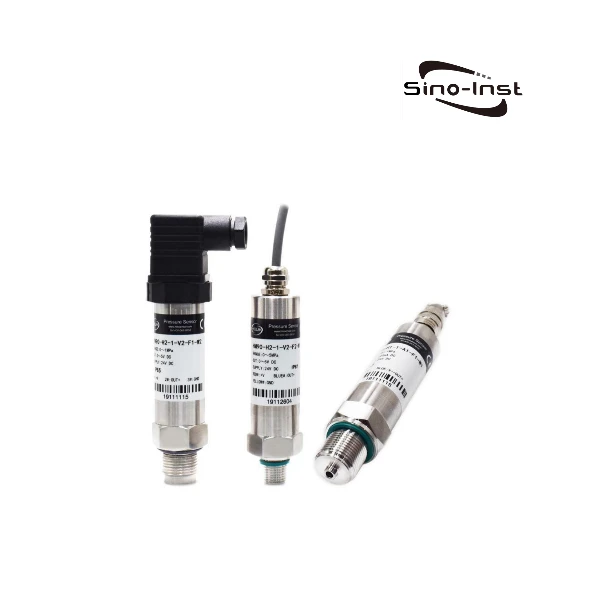Understanding Pressure Sensors and Their Applications

Pressure sensors, also known as pressure transducers, are devices that are used to measure and monitor fluid or gas pressure in many industrial processes and mechanical systems. They work by converting variations in applied pressure into electrical signals that can be read and interpreted by other devices like data loggers, controllers, and monitoring systems. Through this electrical output, pressure sensors provide critical pressure data that helps ensure processes run smoothly and safely.
At their core, pressure sensors feature a flexible sensing element that deforms when exposed to pressure. This deformation is converted into an electrical signal via strain gauges or capacitive plates. Electronics inside the sensor then amplify and condition this signal to produce a usable output. The output can take different forms like voltage, current or frequency depending on the application. This electrical signal makes it easy to integrate pressure sensors into control and monitoring systems.
Some key characteristics that determine which pressure sensor is suitable for a particular application include pressure range, accuracy, operating temperature range, electrical output, physical size and construction material. Proper sensor selection ensures reliable and accurate pressure measurement over the lifetime of the system or process being monitored.

Common Applications of Pressure Sensors
Due to their versatility, pressure sensors find usage in a wide variety of industrial and commercial applications. Here are some of the most common examples:
Manufacturing Processes
Pressure sensors are widely used to monitor pressures in manufacturing machinery, pumps, hydraulic systems and piping networks. They help ensure processes run at desired pressures to produce quality products. Sensors provide alerts if abnormal pressure deviations occur.
Automotive
Automotive applications include measuring tyre pressure, engine oil pressure, transmission fluid pressure, and fuel system pressure. Pressure sensors play a key safety and performance role in vehicles.
Heating, Ventilation and Air Conditioning (HVAC)
HVAC equipment relies on pressure sensors to regulate air pressures, fluid levels and flow rates to maintain optimal temperature and humidity conditions in buildings.
Medical Equipment
In hospitals and other healthcare facilities, pressure sensors are crucial components of life-support devices, ventilators, anaesthesia machines and surgical tools. They monitor patients' vital signs and procedure parameters.
Oil and Gas Industry
Deployment of pressure sensors allows real-time pressure-level monitoring across offshore rigs, pipelines, compressors and refineries. They help ensure continuous and safe exploration and transportation of oil and gas resources.
In conclusion, pressure sensors play an important industrial role by enabling process control and condition monitoring through accurate fluid/gas pressure measurement. Their ease of integration makes them well-suited for factory automation, process control and equipment health monitoring applications across many industries.
